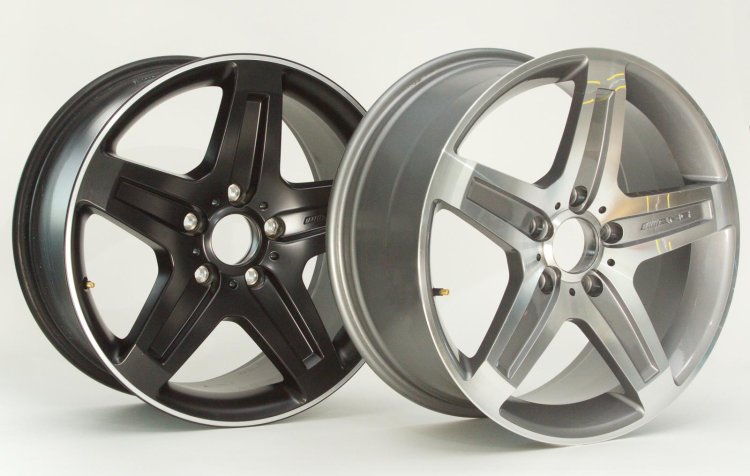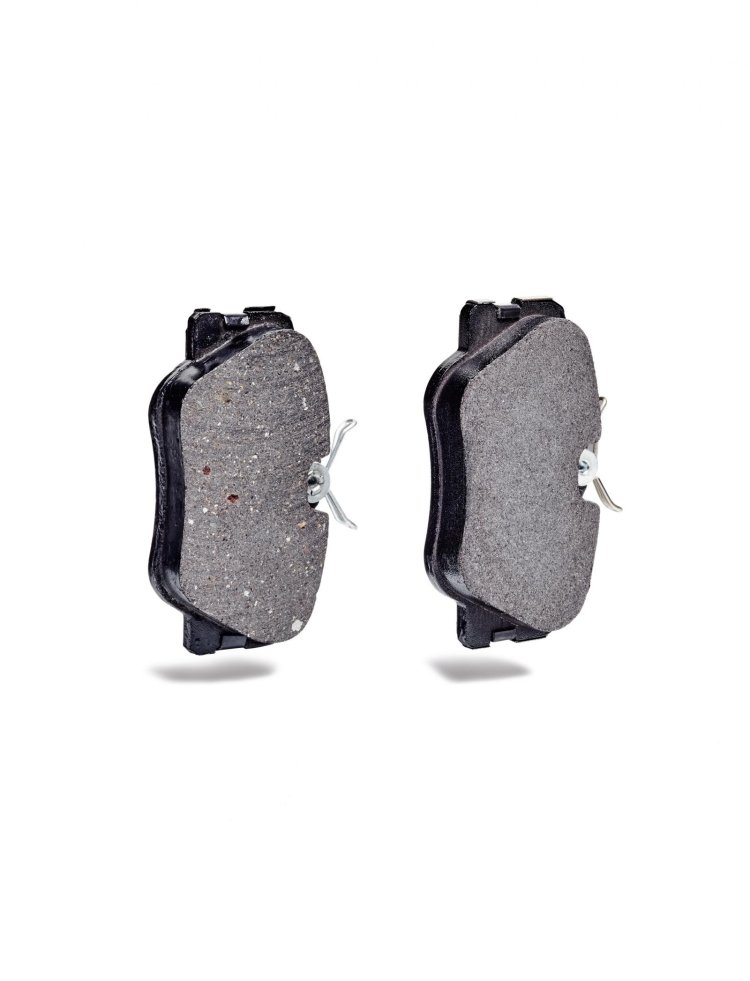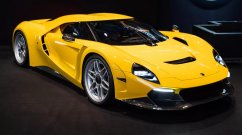Global trade in counterfeit Mercedes-Benz products continues to grow, especially online. In 2022, there was another significant increase in counterfeiting activities on social media and online marketplaces. Compared to the previous year, the number of removed online offers of counterfeit listings on relevant platforms rose by more than 23 percent to over 155,000 cases.
In 2022, a total of more than 1.6 million counterfeit products were seized in over 620 raids. The quality of counterfeit products is usually poor and does not meet the minimum legal requirements in terms of safety. Therefore, counterfeiting is a significant risk to the health and safety of road users. A global team at the Mercedes-Benz Intellectual Property Competence Centre works closely with customs and law enforcement authorities around the world to put a stop to counterfeiters.
In addition to the classic targets of product pirates, such as brake discs, wheels and body and steering parts, online platforms will also continue to be under the watchful eye of brand protectors at Mercedes-Benz. This is because counterfeit products can often hardly be visually distinguished from original parts. For the first time in 2022, the number of deleted listings of counterfeit offers on social media and online platforms rose significantly to over 155,000.
When trading counterfeit goods, counterfeiting gangs take advantage of the high degree of anonymity and decentralised nature of online marketplaces and technologies. For this reason, Mercedes-Benz is further expanding its strategic and operational measures against counterfeiting in online trade. The brand protection strategy comprises three pillars: detecting, attacking and preventing. For this reason, the brand protectors regularly offer training events and information material to raise awareness, for example for customs authorities or service providers.
In order not to fall for counterfeiters, a few simple criteria help consumers when shopping. This starts with the careful examination of conspicuous offers in everyday (online) life. Typical alarm signals for counterfeit products are a significantly low price, abnormalities in product quality or sales via dubious online sources. In some cases, it is immediately apparent from the product images or the designations that they cannot be genuine, since Mercedes-Benz does not manufacture these products at all.














